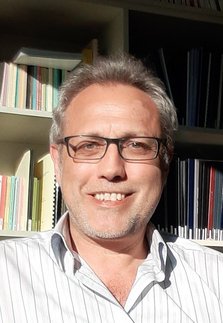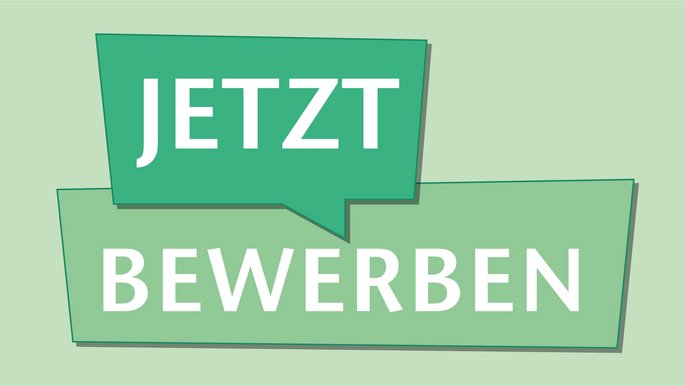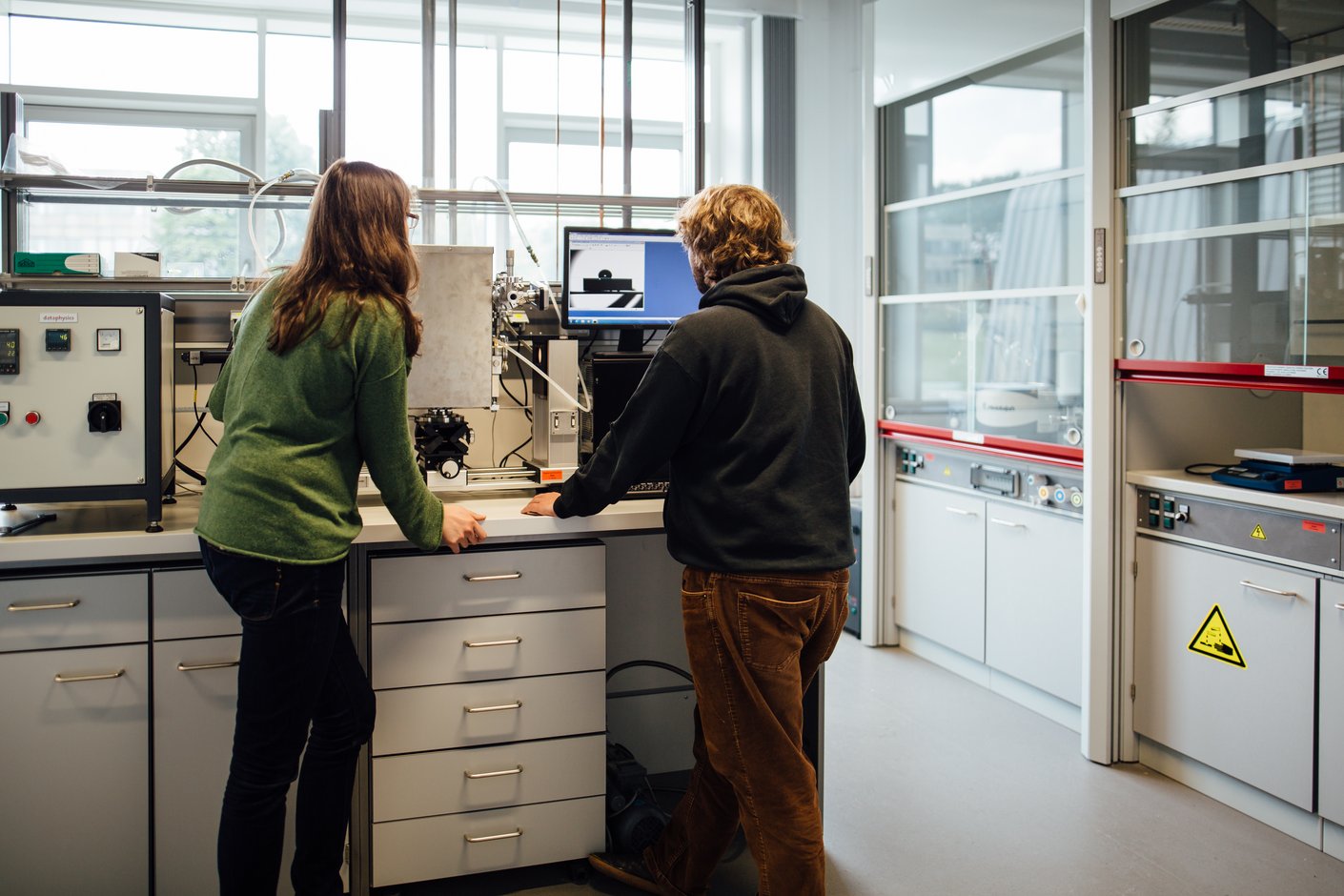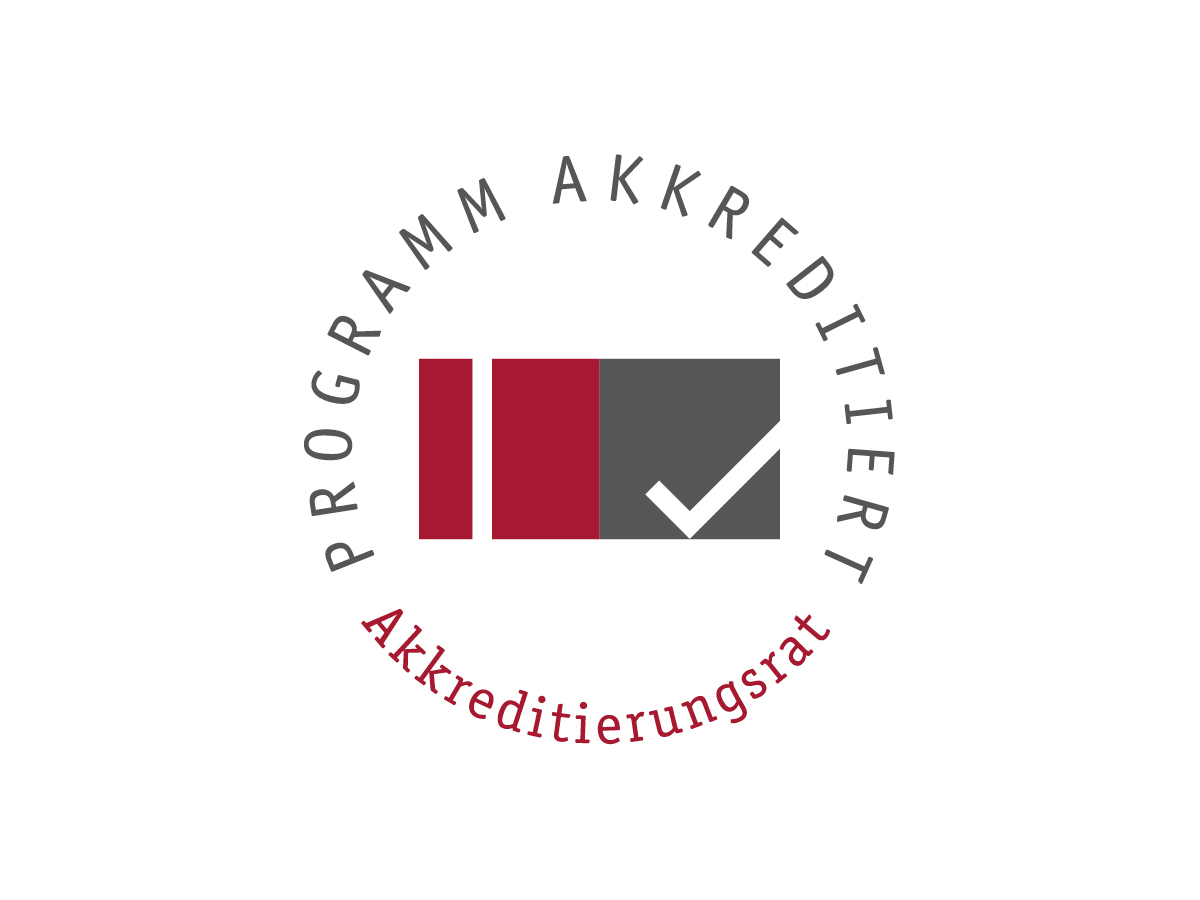Process engineering and chemical engineering are located in the interdisciplinary field of tension between mechanical engineering, physics, mathematics and physical and technical chemistry and are among the "core disciplines" of engineering sciences. Process engineering and chemical engineering deal with all aspects of the conversion of materials and energy. While the Bachelor's degree is an initial vocational qualification, the Master's degree provides in-depth knowledge in the field of process engineering and chemical engineering, which is required for a responsible position, particularly in research and development.
Job profile and labor market
The occupational field of process engineers/chemical engineers encompasses all activities that deal with the industrial conversion of raw materials through physical, chemical or biological processes. Aspects of the efficient use of energy and raw materials and environmental protection are also taken into account. Due to their very broad training, engineers specializing in process engineering/chemical engineering can take on tasks in research, planning and development, they can work in the field of technical environmental protection or in the patent system, in the purchase and sale of process engineering equipment, machines and plants or monitor and advise authorities and associations.
- Apparatus and plant engineering industry
- Automotive industry
- Biotechnology
- Chemical and petrochemical industry
- Energy industry
- Cosmetics industry
- Food industry
- Pharmaceutical industry
- Product and production-integrated environmental protection
- Environmental technology
Structure of the study program
The subject specializations are based on the research focuses of the process engineering institutes and professorships at Clausthal University of Technology. Students can choose to study "Chemical Processes", "Energy", "New Materials" and "Life Science Engineering" for a total of 32 CP, each of which is divided into a compulsory and a compulsory elective area. The increasingly important field of modeling and simulation plays a key role in the course. The course concludes with the Master's thesis.
Field of study Chemical Processes
- Heterogeneous catalytic gas-solid reactions
- Non-catalytic multiphase reactions
- Computer-aided design of chemical reactors
- Practical course
- Electives
Field of study Energy
- High Temperature Technology
- Technical Thermodynamics II
- Heat Transfer II
- Practical course
- Electives
New Materials
- Application of nanoscale powders
- Characterization of nanoparticles
- Introduction to nanoscale materials
- Practical course
- Electives
Field of study Life Science Engineering
- Application of nanoscale powders
- Bioprocess Engineering II
- Pharmaceutical Process Engineering
- Specialized internship
- Electives
Part-time study
The Master's degree program in Process Engineering/Chemical Engineering can also be studied part-time. Further details on the requirements, structure and legal consequences of part-time studies can be found in the "Regulations governing part-time study (TzO)" of Clausthal University of Technology in the currently valid version.
Before applying for and taking up part-time studies, a consultation with the responsible part-time study coordinator is mandatory. During this consultation, the part-time study coordinator will agree on an individual study plan (learning agreement) for the part-time study program in consultation with the student.
Part-time study coordinators
Prof. Dr. rer. nat. Alfred Weber
Phone:+49 5323 72-2309
E-mail: weber@mvt.tu-clausthal.de
Institute of Mechanical Process Engineering
Prof. Dr.-Ing. Thomas Turek
Phone: +49 5323 72-2184
Email: turek@icvt.tu-clausthal.de
Institute of Chemical and Electrochemical Process Engineering
The form for applying for part-time study (incl. Learning Agreement) can be found here

Prof. Dr. rer. nat. Alfred Weber
Phone:+49 5323 72-2309
Fax: +49 5323 72-2830
E-mail: ma.vtciw@tu-clausthal.de
Institute of Mechanical Process Engineering
Leibnizstraße 19
38678 Clausthal Zellerfeld
New information material
Overview
Type of program: Master
Duration: 4 Semester
Language of instruction: German
Degree: Master of Science (M.Sc.)
Start date: Admission to the winter semester, but also to the summer semester possible.
Akkreditierung: Urkunde ASIIN; EUR-ACE-Master
Beginning of studies
Welcome Weeks (before lectures begin)
TU Clausthal supports students as they start their studies with various event formats.
Pre-course in mathematics (before the start of lectures)
The Institute of Mathematics offers a pre-course in mathematics for Bachelor's degree programmes (in German). Master's students who would like to refresh their mathematics knowledge are also welcome to attend this course.
Prerequisites
A successful Bachelor's degree in chemical engineering or process engineering is a prerequisite for admission to the programme. In the case of other Bachelor's degrees in closely related subject areas, admission is also possible with conditions of up to 30 LP.
Documents
Study program flyer
Examination regulations
Admission regulations
Elective catalogs
Model curricula
- Model Study Plan Chemical Processes
- Model Study Plan Energy
- Model Study Plan New Materials
- Model Study Plan Life Science Engineering
Part-time study
- Part-time plan Chemical Processes
- Part-Time Plan Energy
- New Materials Part-Time Plan
- Part-time plan Life Science Engineering
Module Handbooks:



